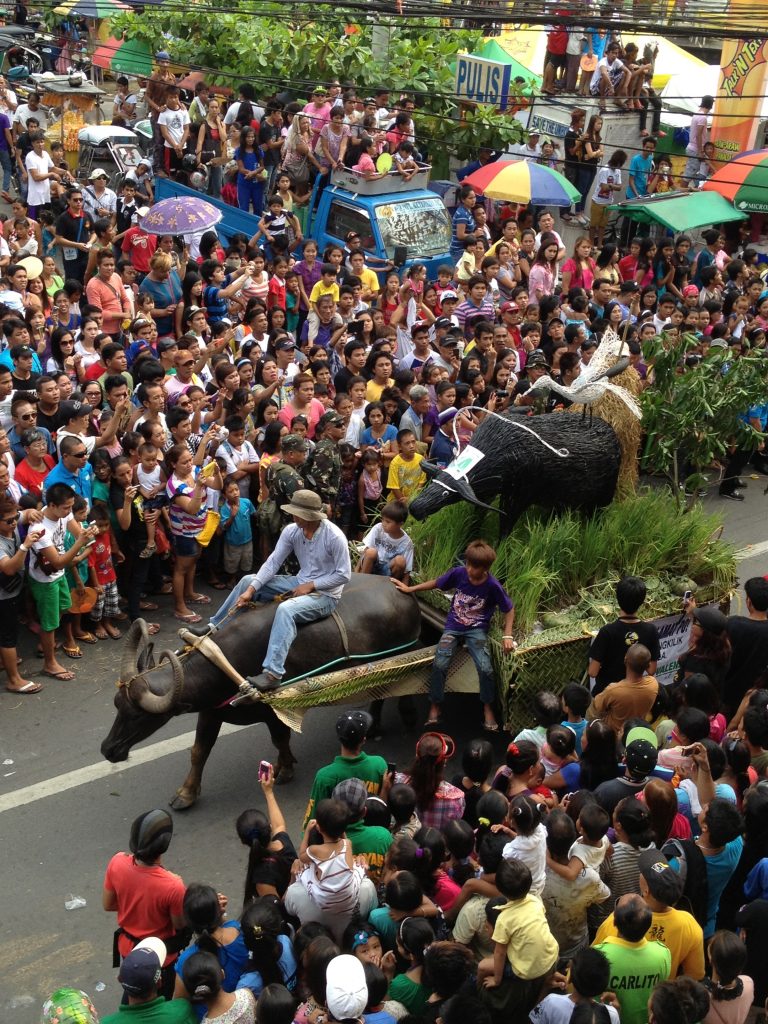Memo #304
By Rosa Hsuan-Ju Shih – rosa.hj.shih [at] gmail.com
 With eco-tourism and cultural tourism gaining ground in Bulacan Province, Philippines, sustainable development will be a challenge so long as tourism development itself remains a fragmented process without a guiding framework.
With eco-tourism and cultural tourism gaining ground in Bulacan Province, Philippines, sustainable development will be a challenge so long as tourism development itself remains a fragmented process without a guiding framework.
How best to define “sustainable tourism development” is one immediate challenge facing decision-makers and stakeholders in Bulacan Province. Realistically, pursuing a middle-ground approach to sustainable tourism in Bulacan provides long term options. In this view, tourism is regarded as a tool for social and economic development, used to accumulate capital and government revenue for other development objectives. To achieve this, integrative and collaborative planning needs to occur in order to embed tourism objectives in broader economic and social development programs.
Another issue is process. Among the tourism research that has emerged in recent decades, collaborative network governance is seen as way to ameliorate the fragmented nature of tourism development. By providing a structure for problem-solving, tourism network members work together with a trusted leader to reach an understanding on common goals and interests. Network collaboration can also lead to the pooling of knowledge, expertise, capital and other resources, greater coordination, and more effective implementation. This sort of collaboration is essential if Bulacan Province is to move towards more sustainable forms of tourism development.
However, the complexities involved in harmonizing the institutional structures and collaborative processes among a diverse group of stakeholders can be challenging. Although pursuant of the sustainability agenda, collaboration will be necessary, results from my field research in Bulacan Province in 2013 indicate that formal collaborative network governance is not ideal under the current Provincial political leadership, given the role of politics in adjourning the existing formal tourism network—the Provincial Tourism Council. As such, the author has proposed more near-term recommendations to the Bulacan Provincial Cultural and Tourism Office (PCTO), local municipalities, and private sector stakeholders. Most importantly, the PCTO must demonstrate leadership by hosting multi-stakeholder meetings to determine tourism priorities for the Province and discuss the path towards a tourism development plan.
The future of cultural and eco-tourism in Bulacan Province lies in an integrated planning approach, embedding tourism objectives in plans with more political and legislative influence. Further, collaboration must be encouraged and incentivized to attract stakeholders to the table.
About the Author:
Rosa Hsuan-Ju Shih recently completed her master’s degree in the School of Community and Regional Planning at the University of British Columbia, where she specialized in Comparative Development Planning with an interest in bridging land use planning and sustainable tourism.
Links:
- Chris Ansell & Alison Gash, “Collaborative governance in theory and practice,” Journal of Public Administration Research and Theory,18:4 (2008)
- C. Michael Hall, “A typology of governance and its implications for tourism policy analysis,” Journal of Sustainable Tourism, 19:4 (2011)
- Edward Inskeep, Tourism planning: An integrated and sustainable development approach, Van Nostrand Reinhold, 1991
- Stephen McCool & R. Neil Moisey, Tourism, recreation, and sustainability: Linking culture and the environment, CABI Pub., 2001
- Rosa Hsuan-Ju Shih, “Network governance towards sustainable tourism: options for the Lower Angat River Basin, Philippines,” UBC School of Community and Regional Planning, Master’s Graduating Project
Related Memos:
See our other memos on the Philippines and Southeast Asia.

Comments are closed, but trackbacks and pingbacks are open.